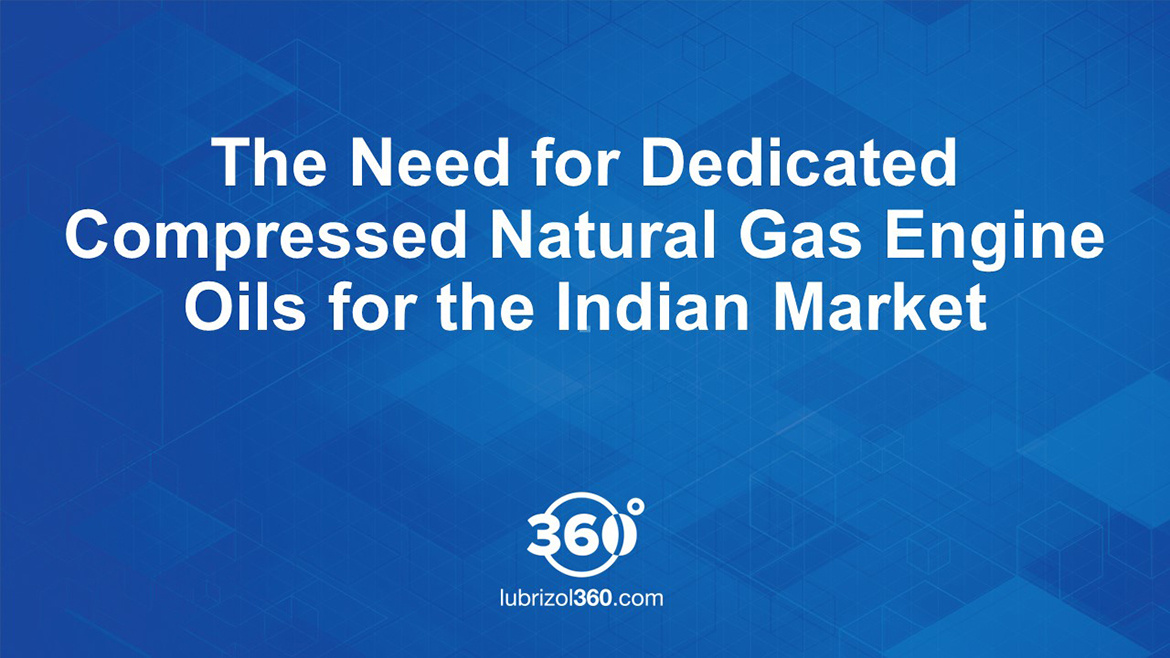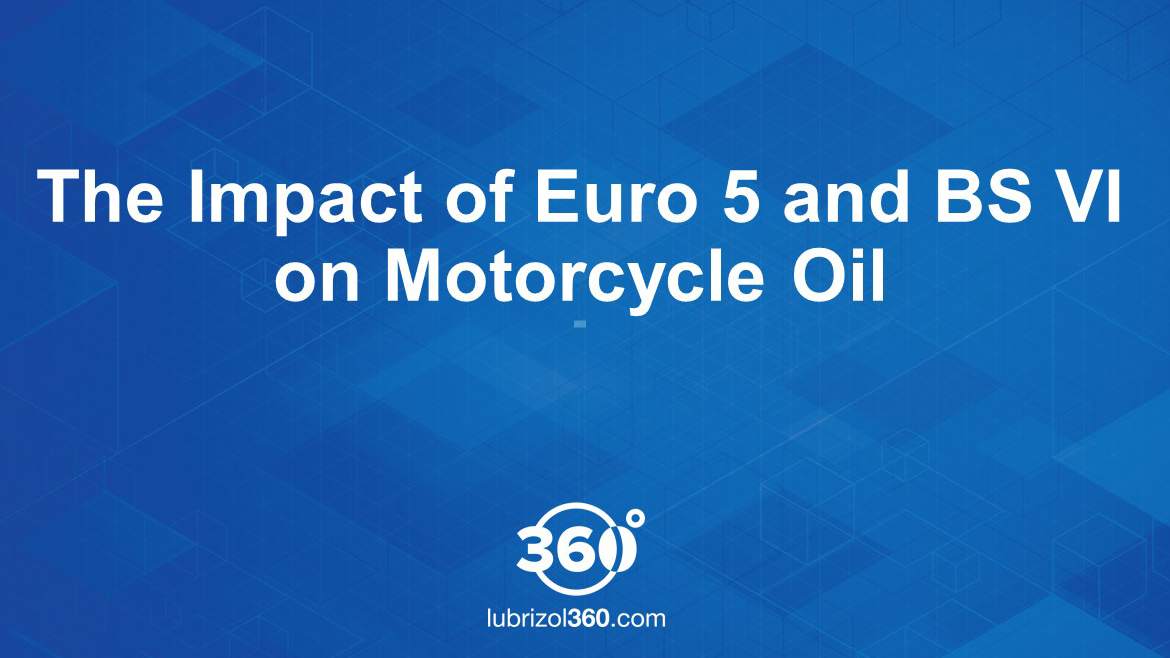The factors mentioned in our article on the implications of BS VI on OEMs will have substantial implications for engine oils with respect to performance and quality levels, which in turn has an impact on the additive and performance polymer technologies. For example:
- The use of after-treatment devices will necessitate the use of lower sulphated ash, phosphorous and Sulphur (SAPS) oils, as current conventional lubricants would typically contain higher levels of SAPS which can negatively impact catalyst performance and block diesel particulate filter (DPF) systems. Blocked DPF systems reduce engine efficiency, increase fuel consumption and result in expensive repair bills.
- In parallel to this, it is expected that the engine oil and technology inside the fluid is backwards compatible. This is vital for three reasons:
- Retaining the performance of vehicles that are in use today with more conventional hardware technology
- Minimizing oil inventory at dealerships and service workshops
- Reducing the chances of lubricant misapplication
- The fuel economy mandate will drive the market towards lower viscosity engine oils. With OEMs looking to maintain the longer warranty periods via longer drain intervals, the engine oil will potentially be operating for longer in the boundary regime and hence wear protection performance of the oil will become extremely important.
Beyond these, there are factors that are unique to India, and the next generation of engine oils will need to provide the right balance of performance to cope with these areas:
- Increased severity:
Normal drain intervals for Indian trucks are well aligned with Europe and the USA. However, the volume of oil (sump capacity) is comparatively low, which results in the oil being ‘worked harder’ and stressed at an increased rate relative to other regions of the world.

- Fuel dilution rates:
The study of Indian drive cycle shows typical driving speeds lower compared to developed nations.
Typical Indian Drive Cycle

Typical European Drive Cycle

The key issue anticipated is that these lower driving speeds will make it difficult to achieve the temperature required for regenerating the soot accumulation in the DPF. This means that OEMs in India are potentially going to have to introduce different strategies for DPF regeneration, including post-combustion injection. This will have the potential to impact in two ways: reduced fuel economy and increased fuel dilution—fuel dilution would result in oxidation and engine oil viscosity reduction. - Alternate fuel compatibility:
While the major fuel choice dominating the transport sector will remain mineral-based diesel, OEMs are evaluating engines running on dual fuels and bio-fuels. Field testing has demonstrated that fuel dilution tends to occur at higher rates in fuels with higher biodiesel components, imposing more challenges to oxidative stability. With post-combustion injection, effects of fuel dilution can be more pronounced with biodiesel.
To summarize, there are three main categories of performance that the industry needs to focus on:
- Improved oxidative stability due to increased fuel dilution from DPF regeneration strategies
- As engine hardware will be operating increasingly in the boundary regime, enhanced wear protection will be needed due to the requirement for lower engine oil viscosity so that fuel economy targets can be met.
- Lower SAPS oils for after-treatment device compatibility
Our view: For OEMs and customers alike, formulation architectures will need to be changed to successfully introduce BS VI in India. The next generation of heavy-duty diesel engine oils for India will require the inclusion of both additive and performance polymer technologies to be included as a design element if the expected performance needs are to be met.
For more information on BS VI and Its Implication on Engine Oil Additive Technology, contact your Lubrizol representative.









